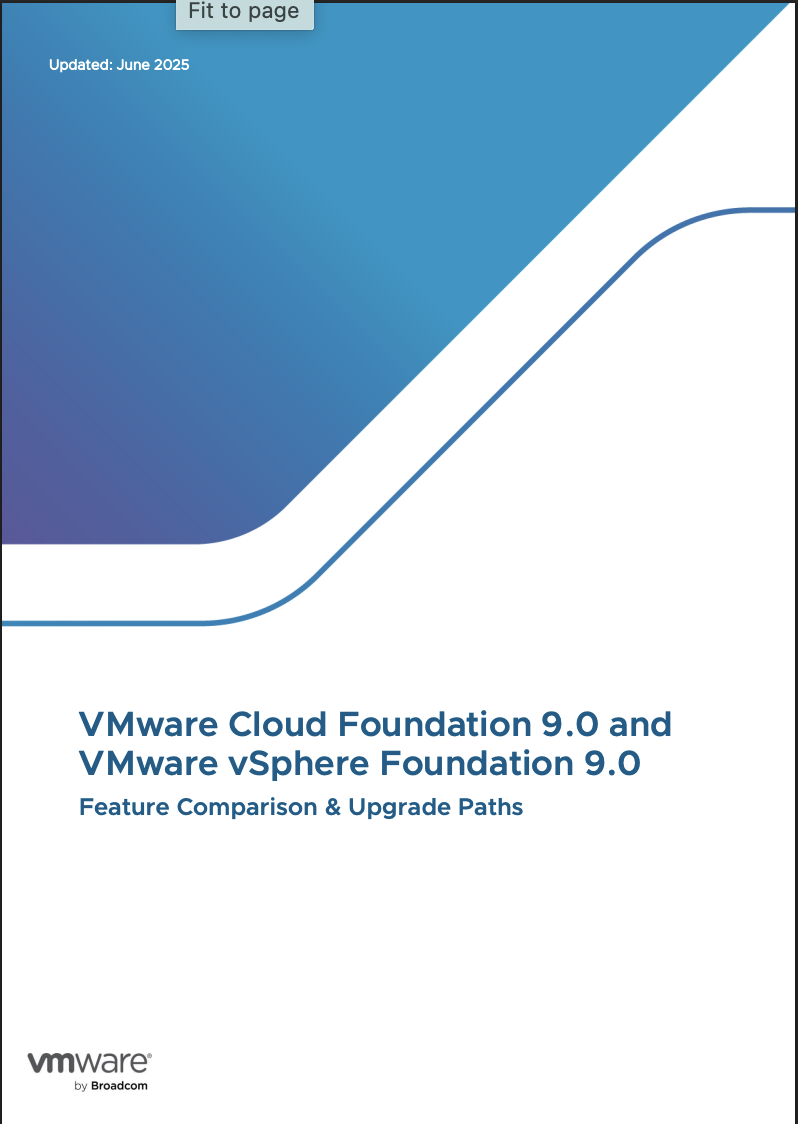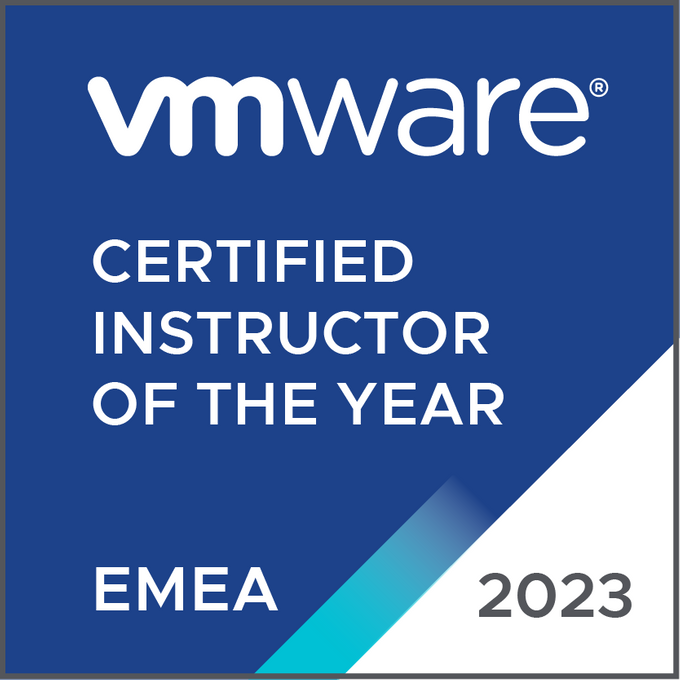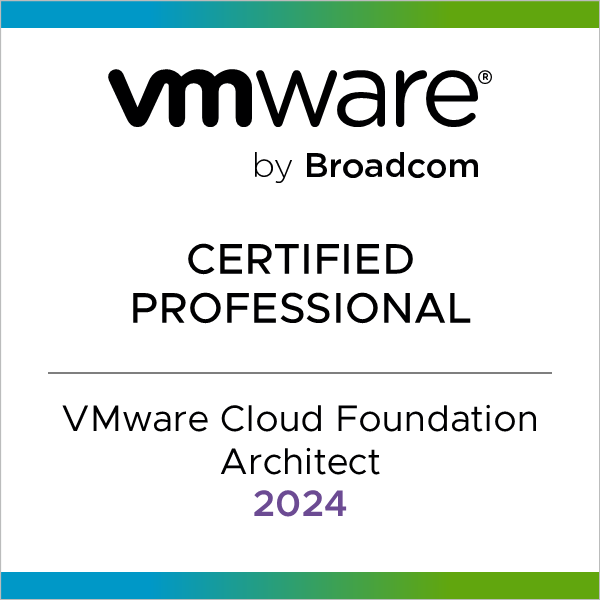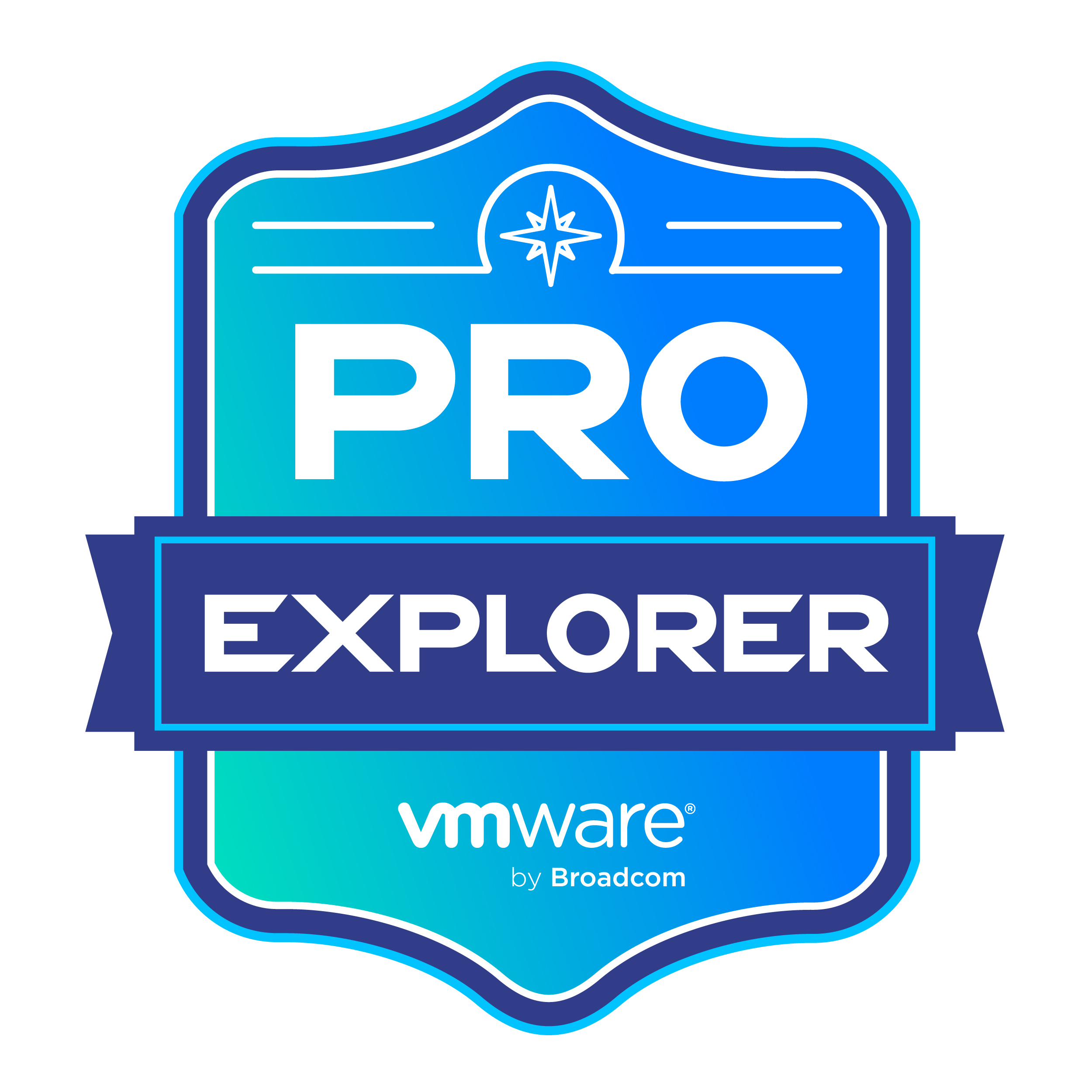 Broadcom's VMware Cloud Foundation (VCF) 9.0 introduces a comprehensive private cloud platform that integrates compute, storage, networking, security, and management. This latest release simplifies deployment, boosts operational efficiency, and offers built-in automation for full-stack infrastructure management. Alongside VCF, VMware also offers the vSphere Foundation 9.0 — a lighter, scalable platform for modern workloads that includes vSphere, vSAN, and Kubernetes runtime.
Broadcom's VMware Cloud Foundation (VCF) 9.0 introduces a comprehensive private cloud platform that integrates compute, storage, networking, security, and management. This latest release simplifies deployment, boosts operational efficiency, and offers built-in automation for full-stack infrastructure management. Alongside VCF, VMware also offers the vSphere Foundation 9.0 — a lighter, scalable platform for modern workloads that includes vSphere, vSAN, and Kubernetes runtime.
Key Differences
VMware Cloud Foundation includes everything in vSphere Foundation and adds advanced components like NSX, HCX, Aria Automation, and SDDC Manager. It’s targeted at organizations requiring full-stack infrastructure as a service (IaaS), end-to-end lifecycle automation, and enterprise-grade workload management.
vSphere Foundation is ideal for teams focused on core virtualization and container workloads. It provides vSphere, vCenter, vSAN, and basic operations management via Aria Operations.
Compute and Kubernetes
Both platforms support modern Kubernetes workloads through vSphere Kubernetes Service. However, only VCF offers advanced lifecycle management, workload domain management, and integration with Supervisor Services, GitOps, Terraform providers, and Private AI services.
Storage Capabilities
VCF delivers higher storage capacity per core, advanced compression and deduplication (especially with ESA), stretched clusters, and integrated Cloud Native Storage. It also supports VMware’s full range of storage integrations (vVols, VMFS, NFS, etc.) and features like immutable snapshots, replication, and QoS.
Networking and Security
Only VCF includes NSX for software-defined networking, L2–L7 capabilities, and advanced security services such as segmentation, firewall, NAT, VPN, and multi-tenancy. Networking visibility and assurance tools like Aria Operations for Networks are also part of VCF.
Automation and Management
VCF supports extensive automation with Aria Automation, including IaC with YAML and Terraform, Git integration, and full support for tenant provisioning, governance, extensibility, and orchestrated workflows. vSphere Foundation includes only basic lifecycle and operations management.
Operations Visibility
VCF offers deep operational insights with Aria Operations Enterprise, supporting monitoring, compliance, troubleshooting, cost management, and full-stack visibility (compute, storage, network, and applications). It includes advanced features like guided remediation, predictive analytics, and SecOps integration.
Upgrade Paths
VMware outlines clear upgrade paths from previous editions such as vSphere Enterprise Plus, vCloud Suite, and vSphere with Aria. Organizations can transition from legacy deployments to VCF or vSphere Foundation, depending on feature requirements and infrastructure goals.
Conclusion
VMware Cloud Foundation 9.0 is designed for enterprises seeking a fully integrated, scalable, and automated private cloud environment. It supports the most demanding workloads with advanced features across compute, storage, networking, and automation. Meanwhile, vSphere Foundation 9.0 serves as a robust core platform for virtual infrastructure with Kubernetes support and essential management tools.
For organizations planning their modernization journey, understanding the differences and upgrade paths between these platforms is essential to align with strategic IT goals.



